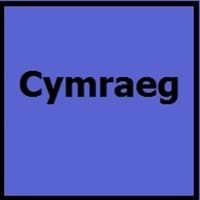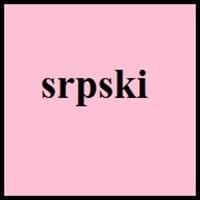Welsh vs Serbian
- One of the Celtic language still spoken with great numbers of speakers is Welsh language.
- Welsh was evolved from British , which was spoken by ancient Britons.
- Serbian language was derived from the Old Church Salvic, as the language was commonly spoken by most of Slavic people in the 9th Century.
- Serbian language is based on Stokavian dialect.
Welsh and Serbian Language History
Comparison of Welsh vs Serbian language history gives us differences between origin of Welsh and Serbian language. History of Welsh language states that this language originated in 9th Century whereas history of Serbian language states that this language originated in 11th Century. Family of the language also forms a part of history of that language. More on language families of these languages can be found out on Welsh and Serbian Language History.
Welsh and Serbian Greetings
People around the world use different languages to interact with each other. Even if we cannot communicate fluently in any language, it will always be beneficial to know about some of the common greetings or phrases from that language. This is where Welsh and Serbian greetings helps you to understand basic phrases in Welsh and Serbian language. Welsh word for "Hello" is Helô or Serbian word for "Thank You" is Хвала лепо (Hvala lepo). Find more of such common Welsh Greetings and Serbian Greetings. These greetings will help you to be more confident when conversing with natives that speak these languages.
Welsh vs Serbian Difficulty
The Welsh vs Serbian difficulty level basically depends on the number of Welsh Alphabets and Serbian Alphabets. Also the number of vowels and consonants in the language plays an important role in deciding the difficulty level of that language. The important points to be considered when we compare Welsh and Serbian are the origin, speaking countries, language family, different greetings, speaking population of these languages. Want to know in Welsh and Serbian, which language is harder to learn? Time required to learn Welsh is 30 weeks while to learn Serbian time required is 44 weeks.





